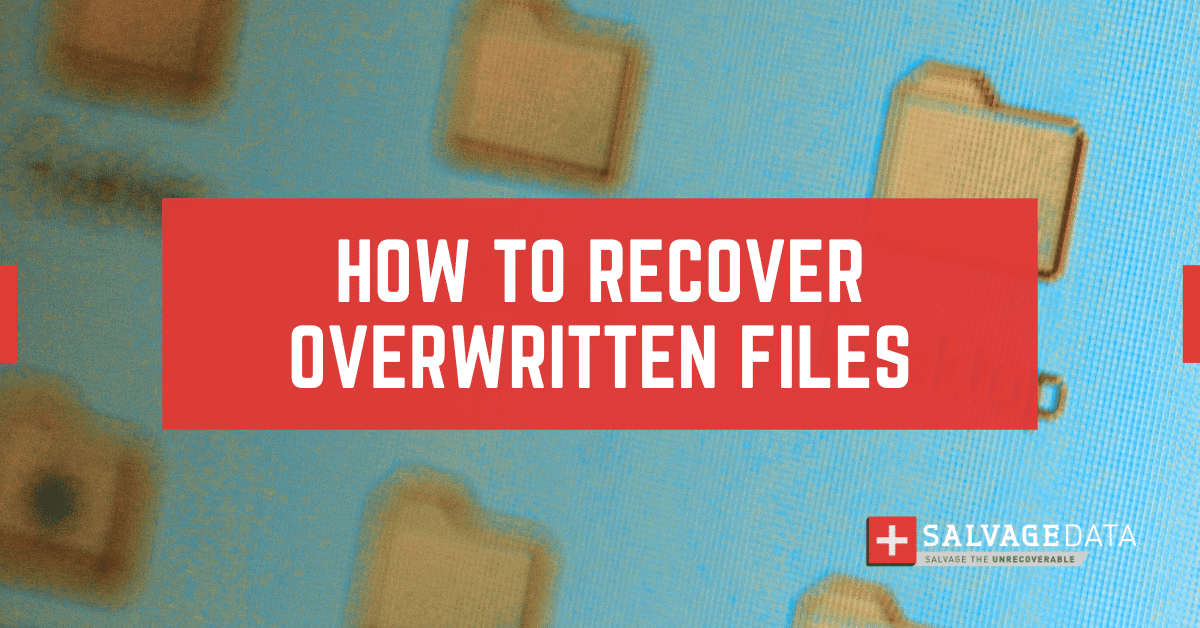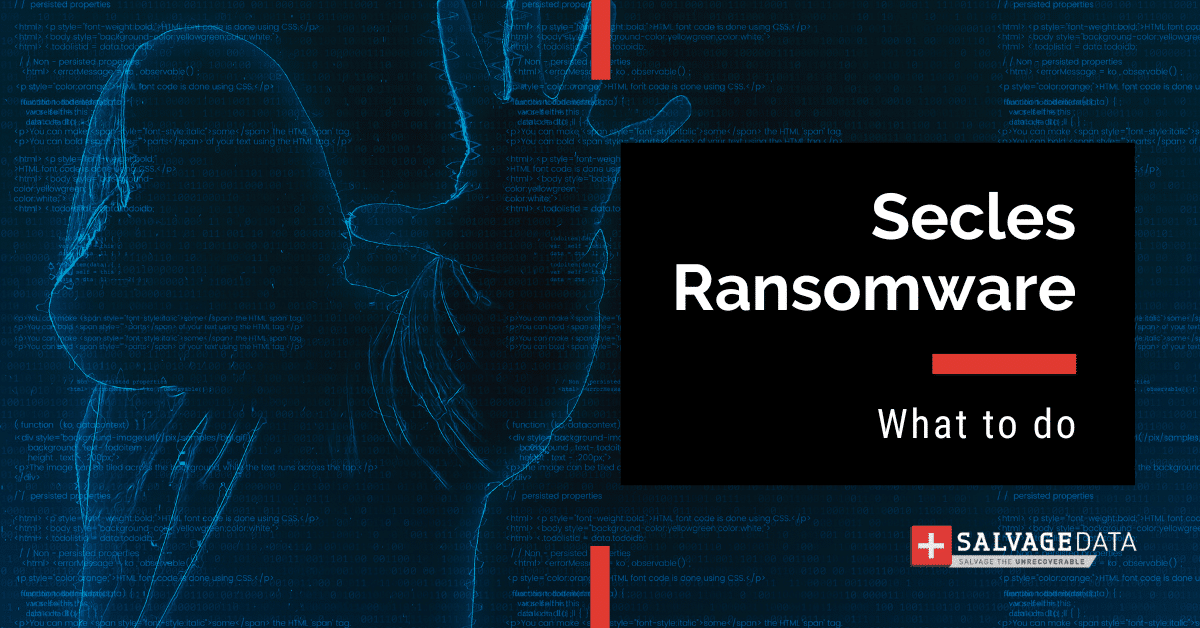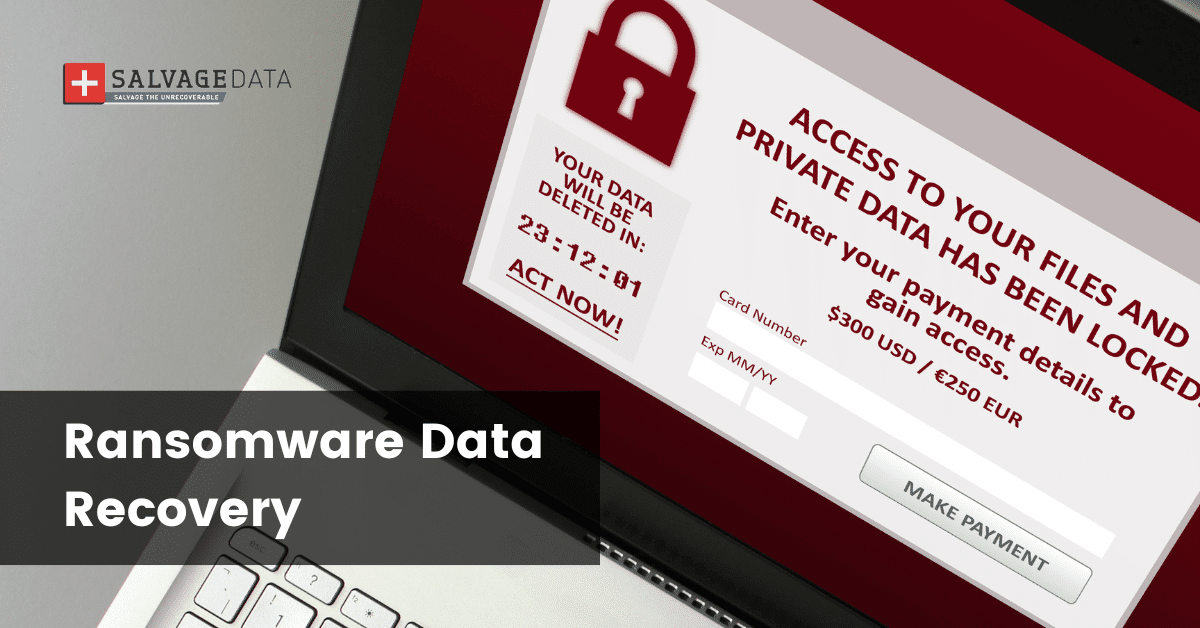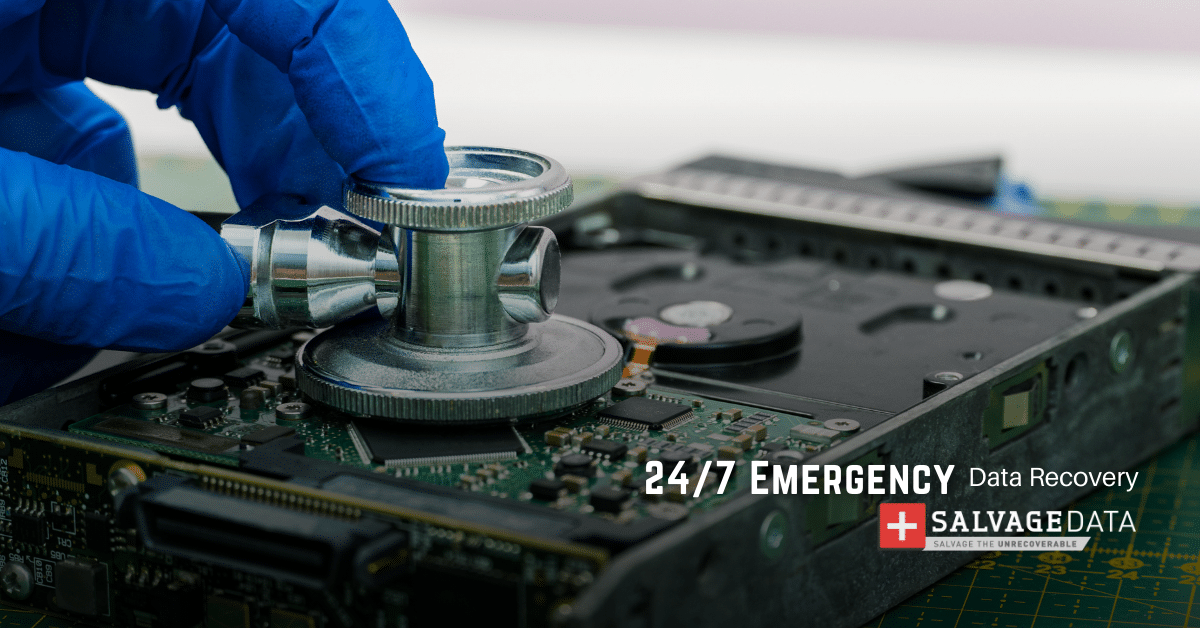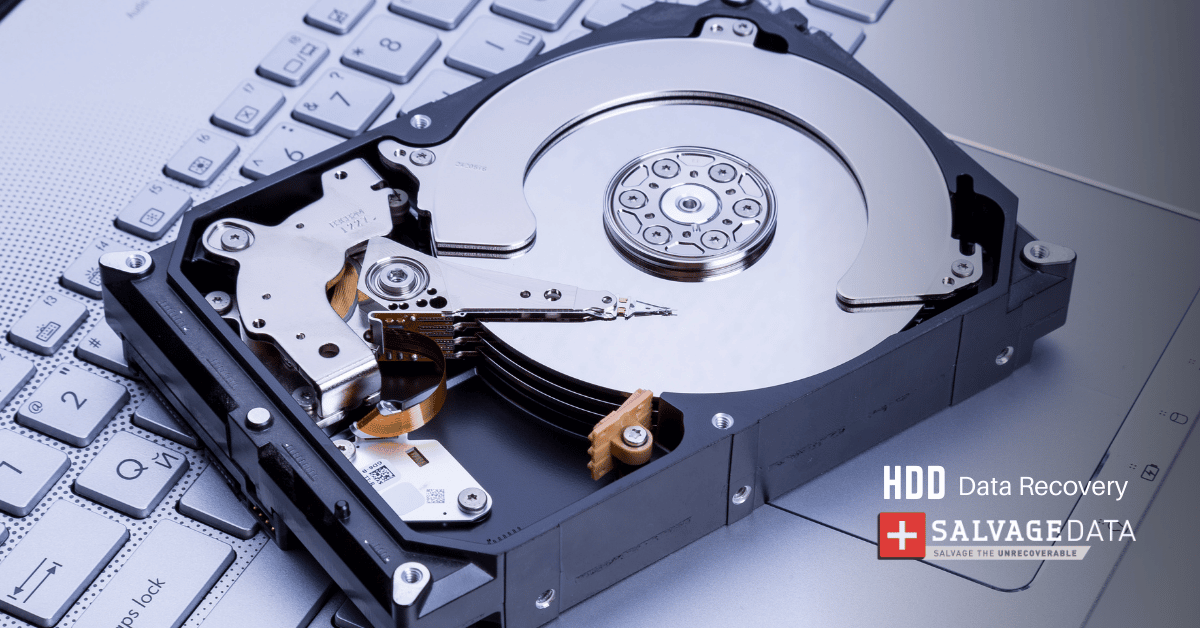Recent Articles
How To Recover Overwritten Files
The Snowflake Data Breach: A Comprehensive Overview
Mac Not Recognizing External Hard Drive: Quick Fix Solutions
How Multi-Cloud Backup Solutions Can Prevent Data Disasters
Capibara Ransomware: What is it & How to Remove
What Should a Company Do After a Data Breach: The Ticketmaster Incident
Secles Ransomware: Removal Guide
What To Do When Your Chromebook Freezes
How to Create Hyper-V Backup
What Is The Best Data Recovery Software For PC

I think there's an issue with my storage device, but I'm not sure Start a free evaluation →
I need help getting my data back right now Call now (800) 972-3282
Hucky Ransomware is a type of malware that encrypts your files and demands a ransom for the decryption key.
History
Hucky was first discovered in 2017.
How does Hucky Ransomware work?
This ransomware encrypts your files using a strong encryption algorithm. Once your files are encrypted, you will see a ransom note that demands payment for the decryption key.
What encryption algorithm does Hucky Ransomware use?
Hucky uses the AES-256 encryption algorithm.
What types of files does Hucky Ransomware encrypt?
Hucky will encrypt most types of files, including documents, images, and videos.
Ransom note
The Hucky Ransomware developers leave a ransom note named HUCKY-DECRYPT.txt. This ransom note contains instructions on how to pay the ransom and decrypt your files.
How much does Hucky Ransomware cost?
The Hucky Ransomware developers usually demand a ransom of 1 Bitcoin. But the price can go up to 10 Bitcoins depending on the number of files you have encrypted. Also, you have to pay the ransom within 7 days or your files will be permanently encrypted.
Should you pay the ransom?
We do not recommend paying the ransom. This is because there is no guarantee that you will get the decryption key even if you pay the ransom. Also, by paying the ransom, you are supporting their illegal business.
What does Hucky Ransomware do with the decryption key?
The Hucky Ransomware developers keep the decryption key on their servers. They will only give you the decryption key after you pay the ransom.
What was the biggest Hucky Ransomware attack?
The biggest Hucky Ransomware attack was against the City of Atlanta in 2018. Hucky encrypted the city’s computer systems and demanded a ransom of $51,000 in Bitcoin.
Protection
There are a few things you can do to protect yourself from Hucky Ransomware:
– Use a reliable antivirus program: This will help to detect and remove this ransomware before it can encrypt your files.
– Keep your operating system and software up-to-date: This will help to close security vulnerabilities that Hucky Ransomware can exploit.
– Do not open email attachments from unknown senders: attackers often spread Hucky Ransomware via email attachments. So, do not open email attachments from unknown or untrustworthy sources.
– Do not click on links in spam emails: they also spread Hucky via spam emails. So, do not click on links or download attachments from these emails.
How can you remove Hucky Ransomware?
If you have Hucky Ransomware on your computer, you should remove it as soon as possible.
To remove this ransomware manually, you will need to identify and delete all the malicious files associated with this malware. But this is a risky process and should only be attempted by experienced computer users.
You can remove Hucky with a reputable security program. But you will not be able to decrypt your files unless you have a backup or the decryption key.
Is there a public decryption tool?
There is no public decryption tool for Hucky Ransomware.
Contact a data recovery service
If you have Hucky Ransomware on your computer and you cannot remove it, you can contact a data recovery service. These services specialize in decrypting files encrypted by ransomware. SalvageData is one such service.
SalvageData Recovery Services has a high success rate in decrypting files encrypted by Hucky Ransomware. They have a team of experienced security experts who can help you to decrypt your files.
They offer a free consultation to assess the feasibility of recovering your data. They also have a no-recovery, no-fee policy. This means that you will only pay if they can recover your data.
Contact SalvageData experts right now to get professional help.

